Does Sweating Lead To Hair Loss?
Yes, you do need to keep your scalp dry and clean as much as possible.
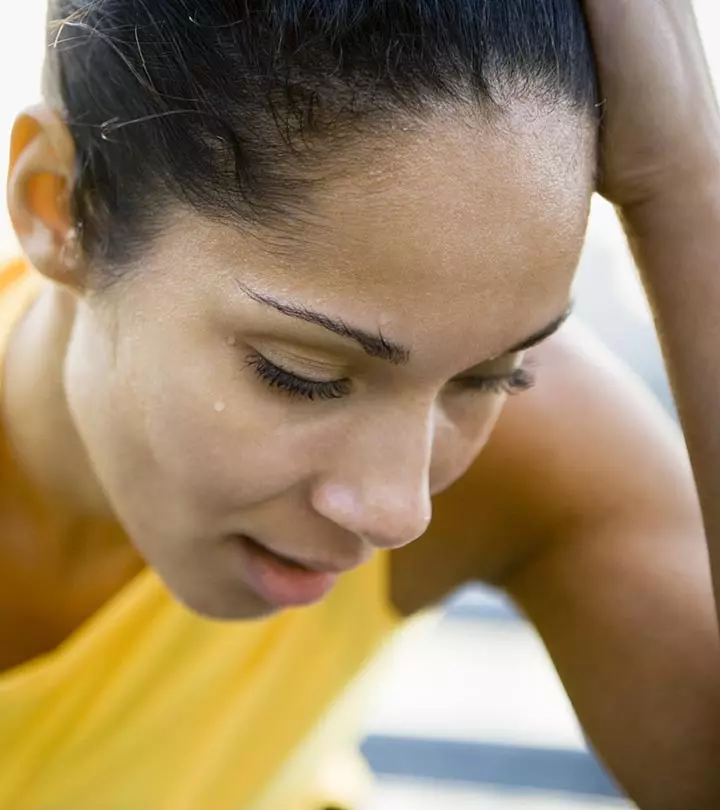
Image: shutterstock
Does sweating lead to hair thinning and hair loss? Yes, it can. Shocked! That is correct. People commonly believe that sweating too much is beneficial to their health. That, however, is not the case. Although sweating is a good method for eliminating waste and toxins, excessive sweating can damage the scalp and hair due to the lactic acid component in perspiration.
Do you want to learn more about it? What can you do to avoid it? Scroll down to find out.
In This Article
What Causes Excessive Sweating And Hair Loss?
Sweating is a common bodily function through which liquid is released through the sweat glands to keep your body cool. Common causes of sweating include:
- Hot and humid weather
- Physical activity
- Consuming spicy food
But sometimes, your body starts sweating excessively, which may be a cause for concern. Recurrent episodes of excessive sweating may occur due to various medical conditions (1), (2). Some of them include:
- Hyperhidrosis
- Cancer
- High blood pressure
- Ulcerative colitis
- Diabetes
- HIV
- Malaria
- Arthritis
In addition to these, it may also occur due to the effects of various medications like corticosteroids, hormonal contraception medications, and morphine (2).
While sweating due to all of these factors does not directly cause hair fall, it may irritate the scalp. And without proper hair hygiene, it may lead to hair fall.
Check out the next section to understand the logic behind how sweating may lead to hair loss.
Key Takeaways
- Not washing your hair after excessive sweating may cause hair loss.
- Sweat and bacteria build up on the scalp and may lead to fungal infections.
- Massage your scalp, keep it clean regularly, and eat healthy to prevent hair fall.
- Avoid tight hairstyles that may break your hair.
The Logic: How Does Sweating Cause Hair Loss?
Can sweat cause hair loss? On one side, there are studies that have shown that when the lactic acid in the sweat mixes with the keratin in the hair it leads to damage and hair loss. This is one reason why to a certain extent you might feel loss of hair when you are sweating or just after that.
On the other hand, the sweat glands secrete sweat that mixes with the bacteria already accumulated on the scalp and leads to formation of fungal infections. This unhygienic condition leads to hair loss according to a lot of researchers.
There is another logic why sweat can lead to hair fall and loss. It says that when we sweat through the sweat glands on the scalp, it leads to dehydration of the hair strands. This can be another reason why there is hair loss associated with sweat. When sweat mixes with flakes on the scalp it can block the pores and make the hair follicles inactive. This can also lead to hair loss to quite an extent.
Prevention Of Hair Loss Through Sweating
Now that it is clear that sweat and hair loss are connected to an extent, the next step is to know how you can prevent such situations in a successful and effortless manner. The following tips can help you stop hair fall, especially when associated with sweating.
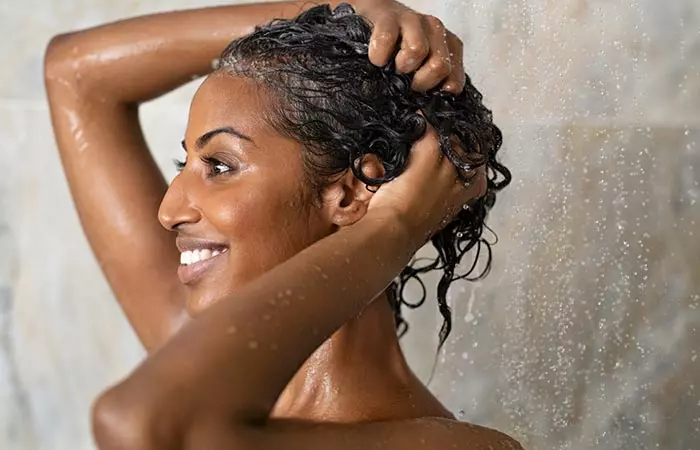
1. Wash the hair more than often especially if the weather is hot and humid and you are more prone to sweating. This will help in removing the dirt and extra sebum production that can mix with the sweat and cause hair loss.
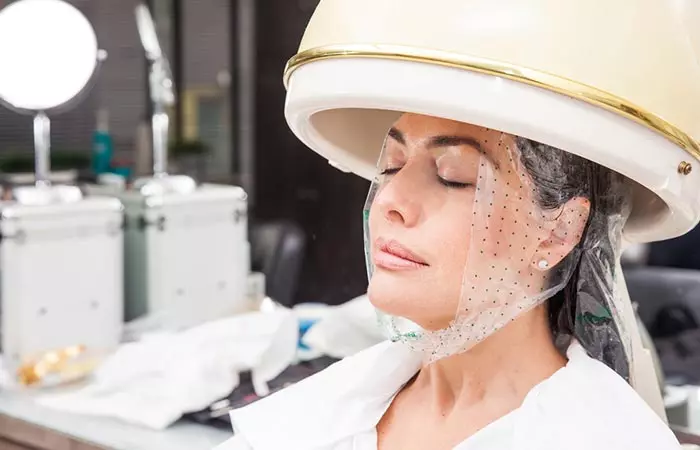
 Quick Tip
Quick Tip2. Take steam on the hair. This helps in opening up the pores and thus flushes out the dirt and toxins from the scalp. It also removes the extra oil and activates the hair follicles for proper functioning. This is one way to prevent hair loss through sweat.
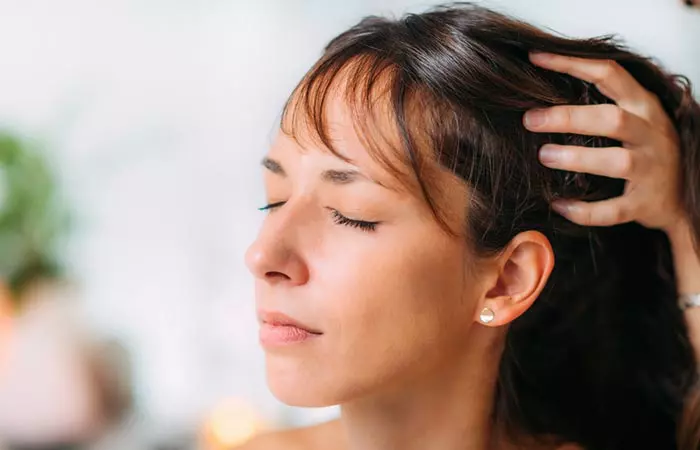
3. Scalp Massage with oil This helps in proper blood circulation to the hair follicles as well as ensures deep nourishment and removal of dirt and toxins. This is one of the best ways apart from shampooing to prevent hair loss through sweating.
Alexandria Ryan, a YouTuber, shared how oil massage helped her regrow her hair and remove all the grime from it. She explained, “So, I oil my hair before every shampoo, which is every single day… If I don’t have that much time, I will squirt it on my head for my shower and then I’ll flip my head upside down and really massage my scalp– like, kind of like, yank it all over the place– and I just think my hair feels a lot nicer after I use an oil or something before I shower (i).”
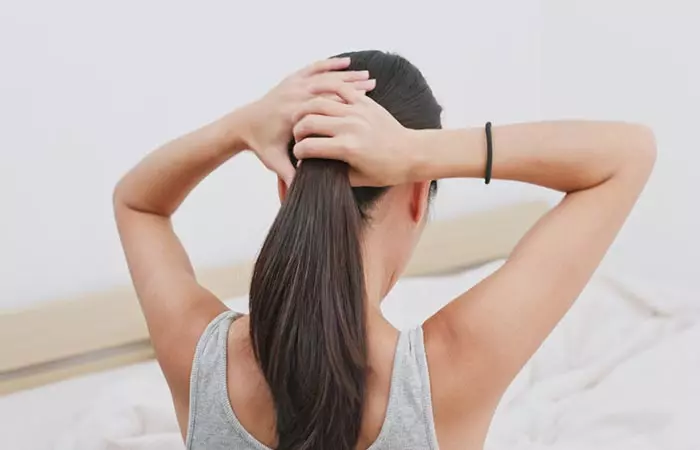
4. Avoid tight hairstyles or ponytails that can prevent the sweat from evaporating and trigger it to get accumulated with the dirt and oil in the scalp and thus cause hair loss. Keep the hair loose to enhance passing of air.
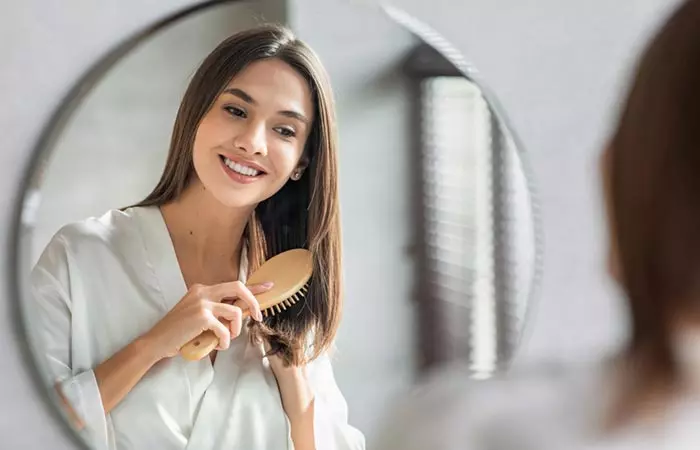
5. Brushing the hair will help in blood circulation as well as keep the sweat away. This is one way in which you can prevent hair loss. It increases hair growth by pressurizing the points of the hair follicles.
6. There are special products that can help manage how much you sweat and protect your hair. If you have a condition like hyperhidrosis, use hair serums or gels with ingredients like salicylic acid that can exfoliate the scalp and reduce sweat (3). Consult your doctor for product recommendations that contain helpful ingredients.
 Quick Tip
Quick TipWays to Reduce Scalp Sweat
- Stay stress and anxiety free.
- Deep breathing techniques are helpful.
- Wash your hair after exercise.
- Try natural ways to prevent excessive sweating.
- Have an active and fit lifestyle.
- Follow a good hygeine and hair care routine
- Avoid fried reheated, fast foods, excessive sweets, and caffeinated drinks because these produce excessive heat in the body and lead to excessive sweating.
Infographic: How Sweating Causes Hair Loss And 5 Ways To Prevent It
While sweat gets rid of your body wastes, too much sweating can wreak havoc on your hair health. Read the infographic below to learn how sweat affects your hair and 5 simple preventive measures against it. Scroll down. Illustration: StyleCraze Design Team
While most people associate sweating with the elimination of toxins and waste from the body, excessive sweating can lead to hair and scalp damage. Does sweating lead to hair loss? Studies indicate that when lactic acid mixes with keratin, it can lead to hair damage. Other factors such as infections and dehydration also contribute to hair loss. Washing your hair frequently and massaging your scalp with oil can prevent your hair from sweating. However, some other factors that may lead to hair loss include dandruff, heat exhaustion and other environmental factors, genetics, medications, disorders like alopecia, and hormonal imbalance. Additionally, eating a balanced diet and effectively managing your stress can reduce sweating of the scalp drastically.
Frequently Asked Questions
Does sweating lead to permanent hair loss?
No! While excessive sweat can cause hair loss, it is not permanent. Keeping the scalp clean and healthy may help reverse it.
How often should I wash my hair if I sweat a lot?
If you sweat a lot, it is best to wash your hair every 2-3 days to remove sweat and buildup. However, avoid over-washing, as it can strip your scalp of natural oils. Use a mild shampoo to keep your scalp balanced.
Is it okay to apply oil on sweaty hair?
Never apply oil to your sweaty hair and scalp as it may trap the dirt, cause buildup and clog the follicles, leading to hair fall.
Is hairfall normal after oiling?
Yes, it is normal to lose a few hair strands while massaging the oil onto your scalp. As long as you lose fewer than 100 strands each day, hair loss shouldn’t bother you when oiling your hair.
Can hairfall stop naturally?
It all depends on the type of hair loss you’re dealing with. Some hair shedding is transient and may respond favorably to dietary adjustments and lifestyle modifications. However, if any underlying medical conditions causes hair loss, consult a doctor and address the issue.
Illustration: Does Sweating Lead To Hair Loss? Tips And Tricks To Prevent It
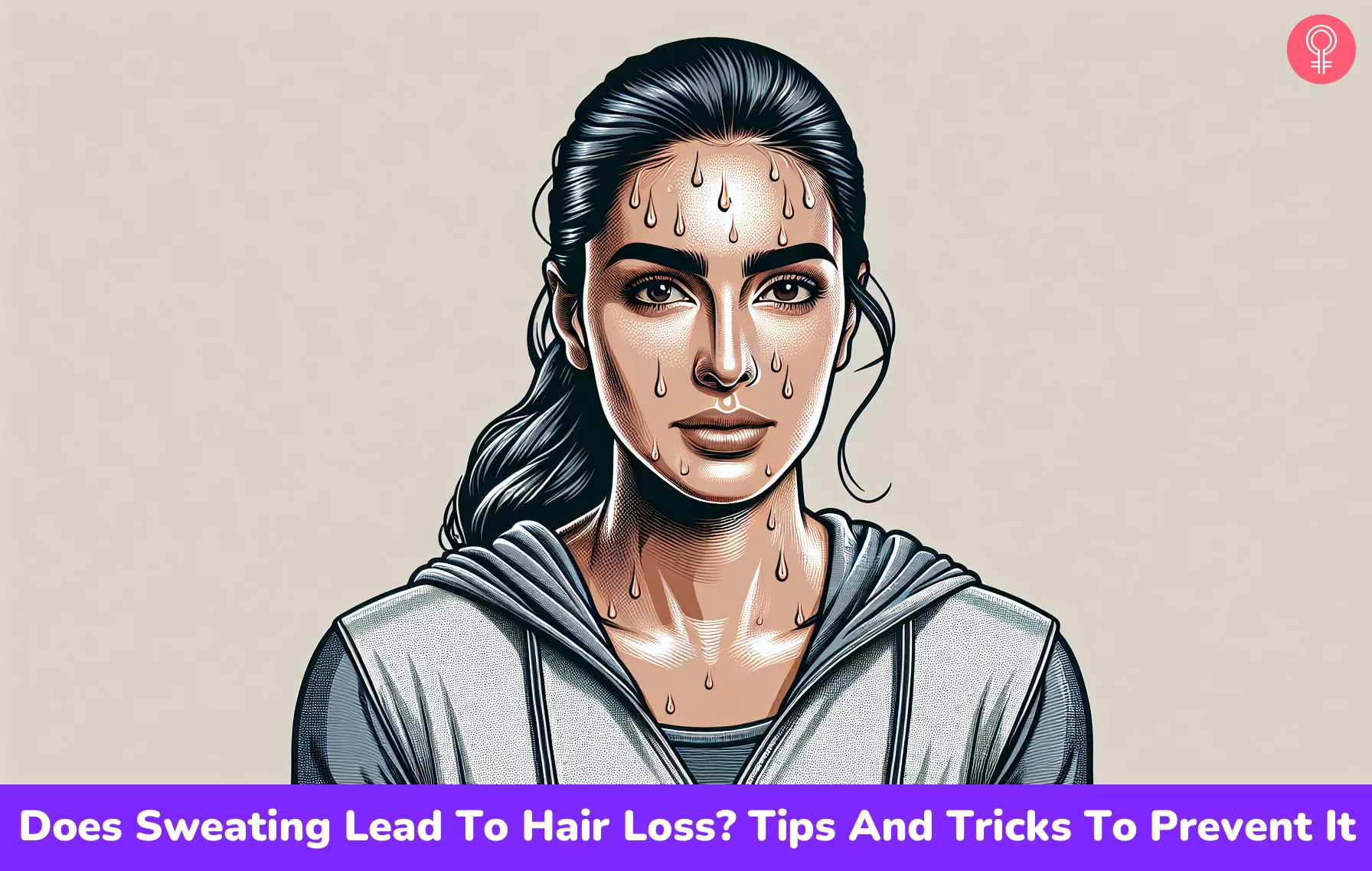
Image: Dall·E/StyleCraze Design Team
Excessive sweating, or hyperhidrosis, can lead to hair loss. Watch this video to know more about the condition and possible treatments.
Personal Experience: Source
StyleCraze's articles are interwoven with authentic personal narratives that provide depth and resonance to our content. Below are the sources of the personal accounts referenced in this article.
i. How I STOPPED MY HAIR LOSS! | #1 Thing That Re-Grew My Hairhttps://www.youtube.com/watch?v=W-7HVP9R0eI
References
Articles on StyleCraze are backed by verified information from peer-reviewed and academic research papers, reputed organizations, research institutions, and medical associations to ensure accuracy and relevance. Read our editorial policy to learn more.
- Hyperhidrosis—causes and treatment of enhanced sweating
https://www.ncbi.nlm.nih.gov/pmc/articles/PMC2695293/ - When to investigate for secondary hyperhidrosis: data from a retrospective cohort of all causes of recurrent sweating
https://www.ncbi.nlm.nih.gov/pmc/articles/PMC9455328/ - Aluminum chloride hexahydrate in a salicylic acid gel
https://pmc.ncbi.nlm.nih.gov/articles/PMC2923959/
Read full bio of Vd. Naveen Sharma
Read full bio of Jyotsana Rao
Read full bio of Eshna Das
Read full bio of Krati Darak






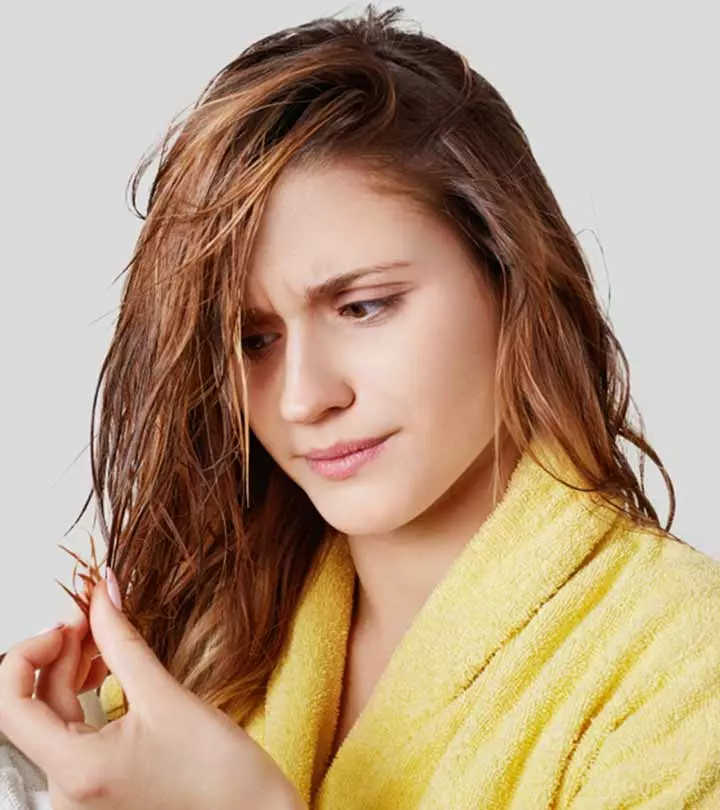
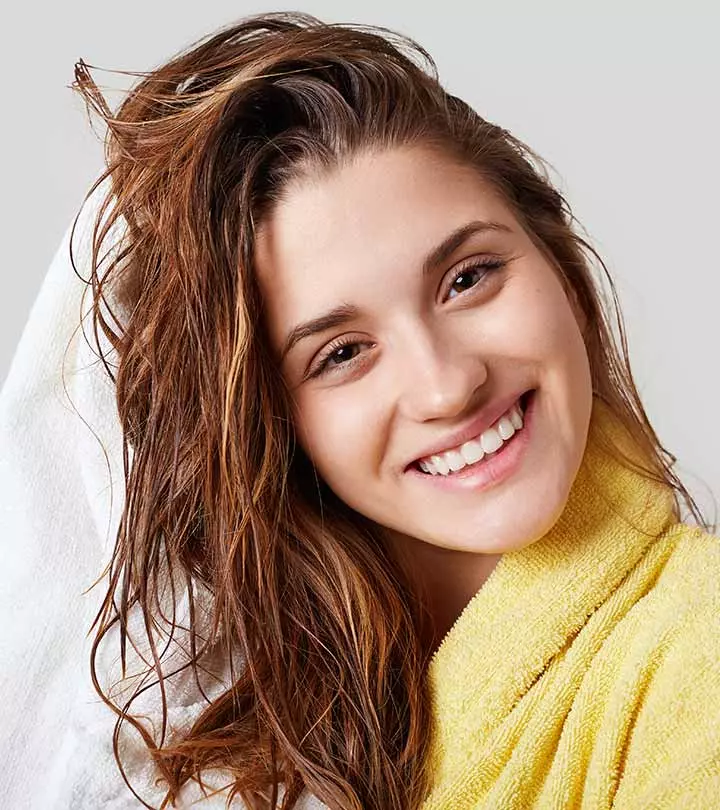
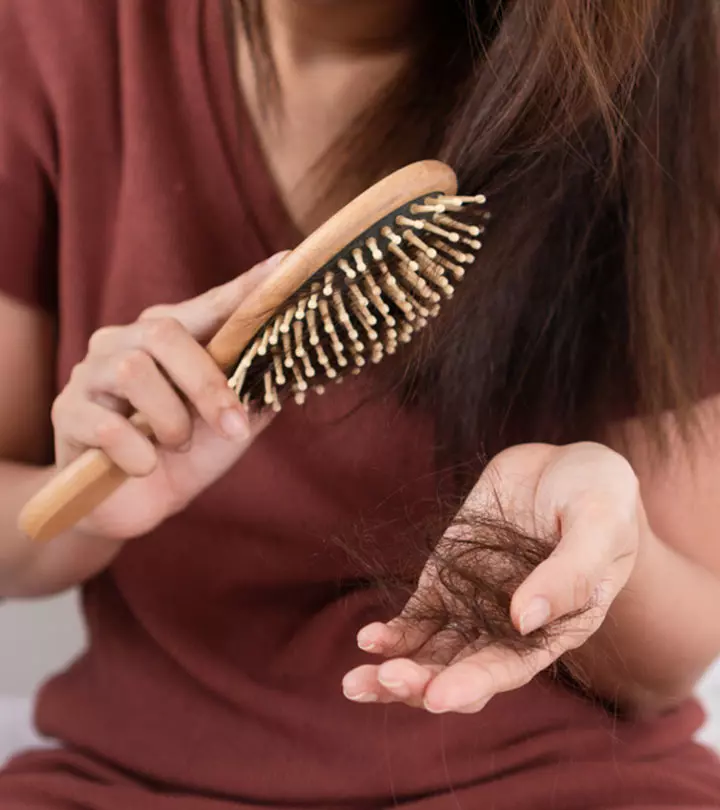
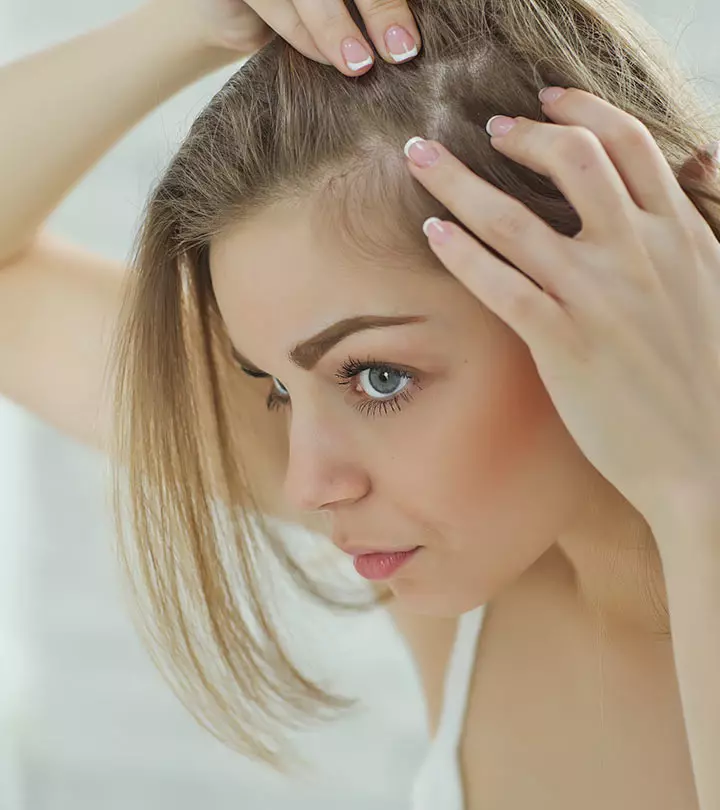
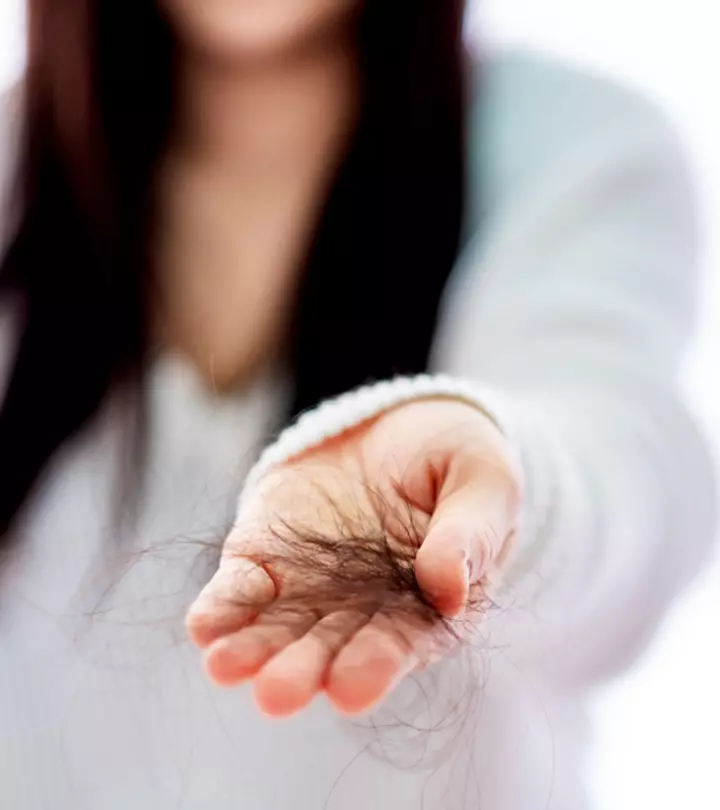
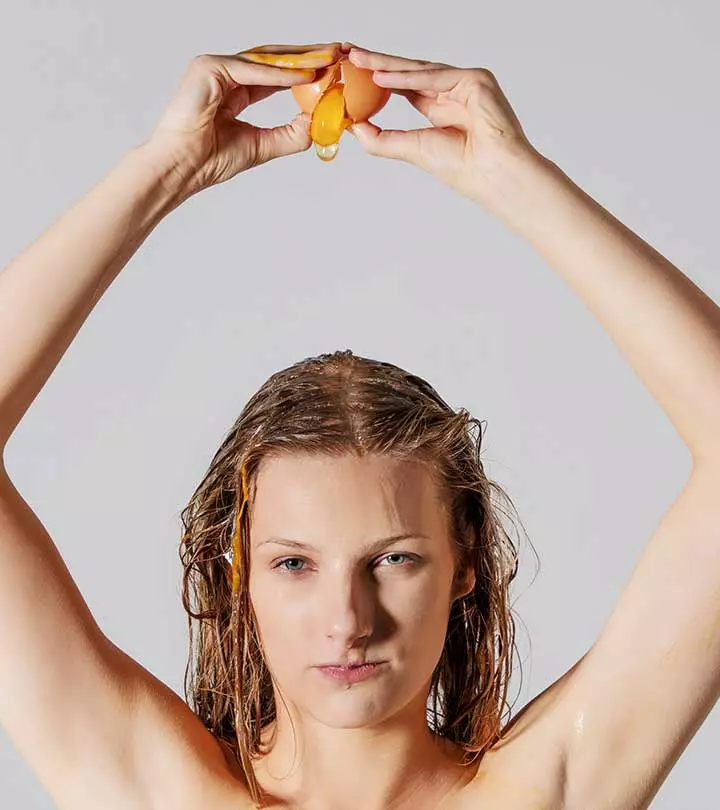
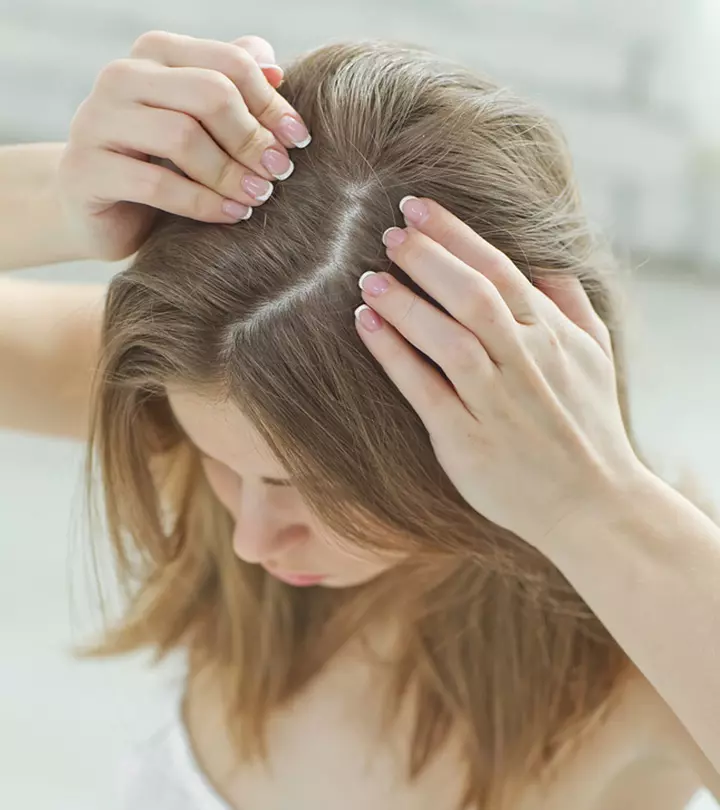
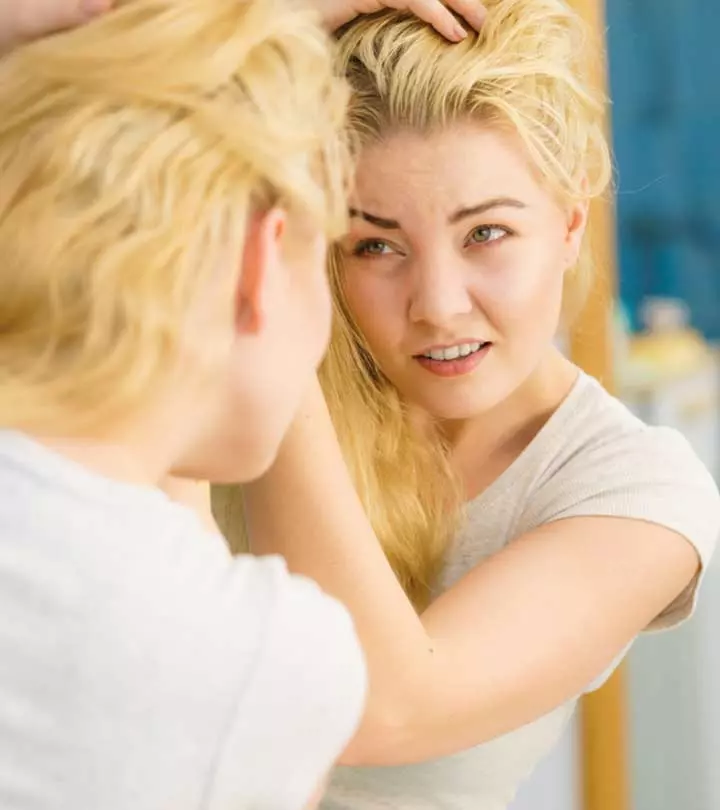

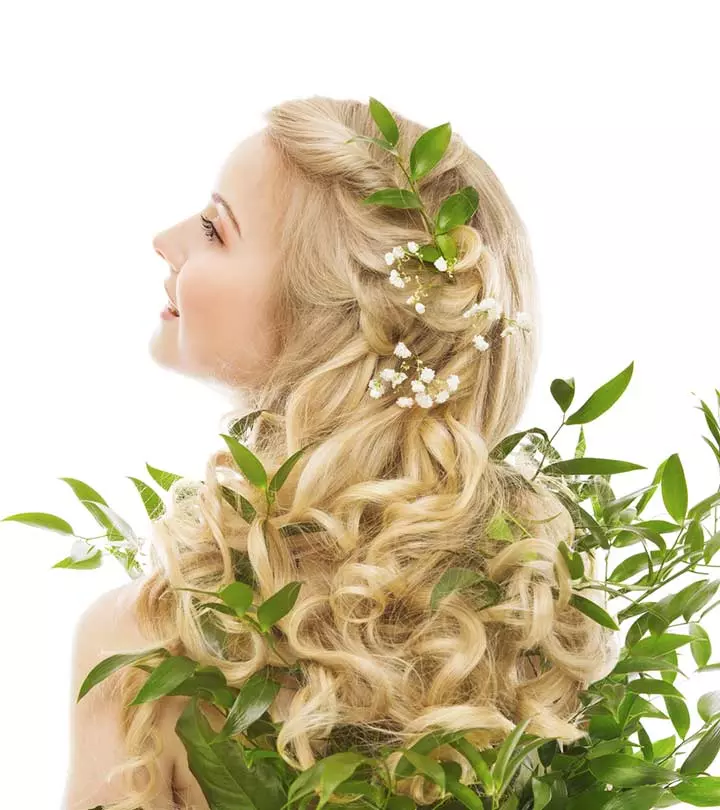
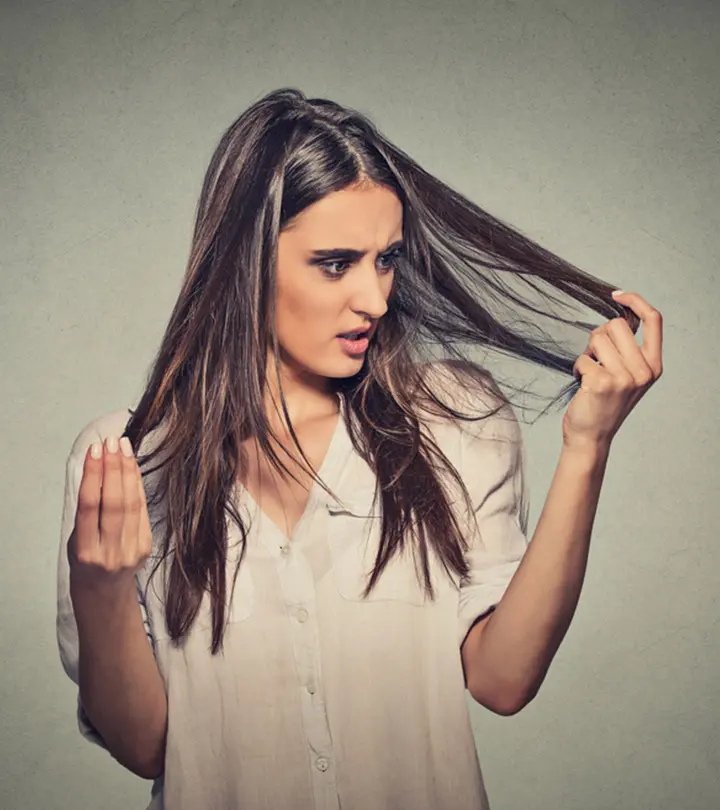
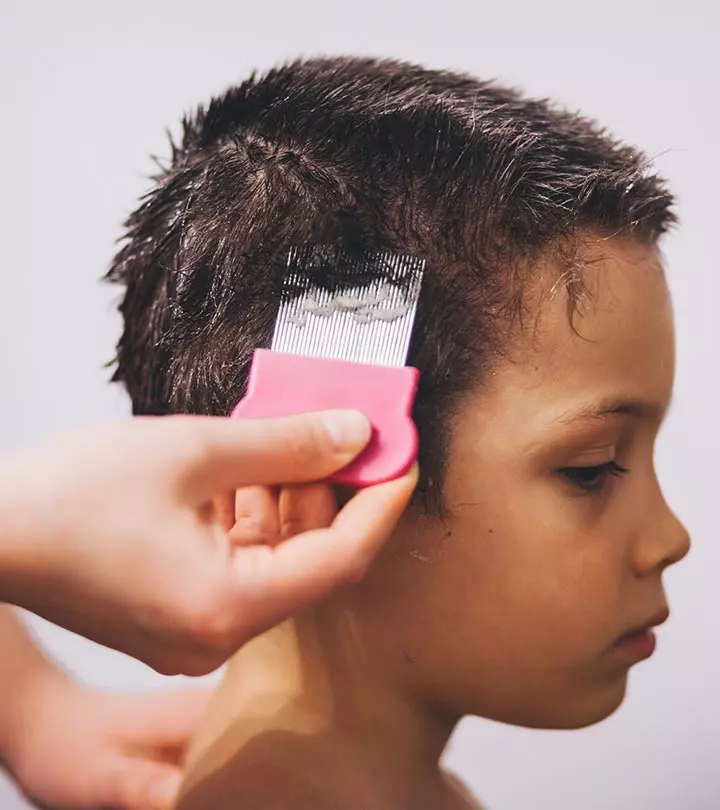
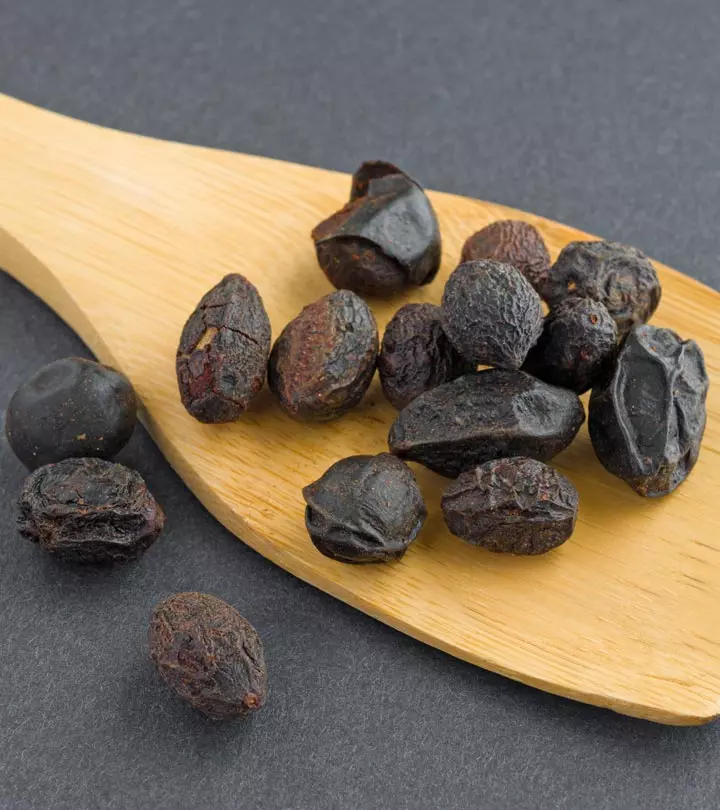
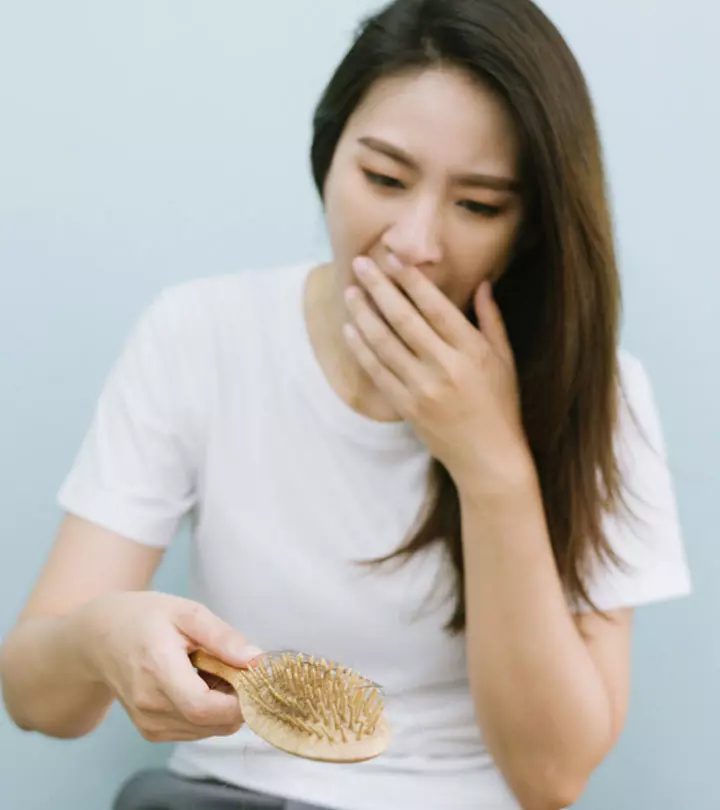
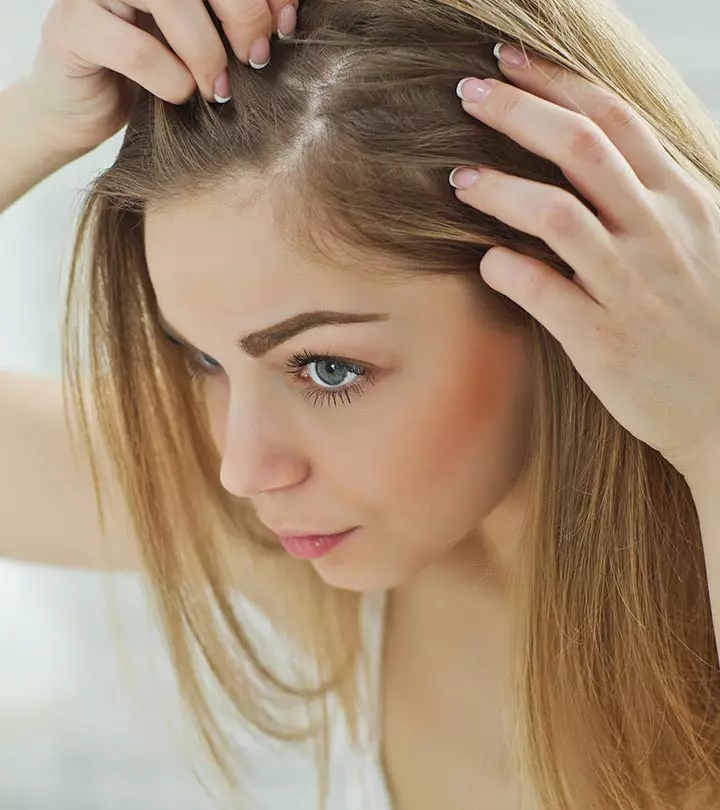
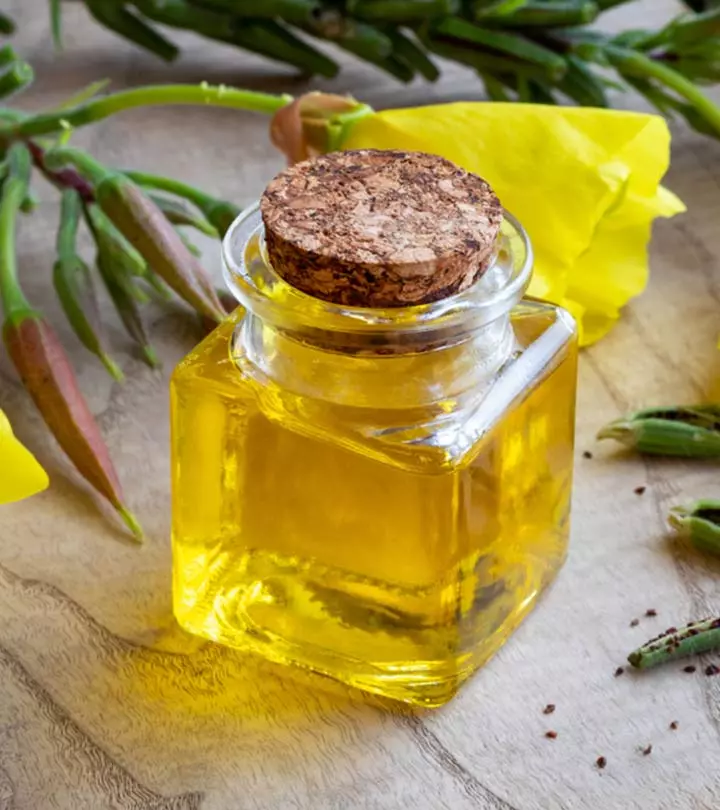
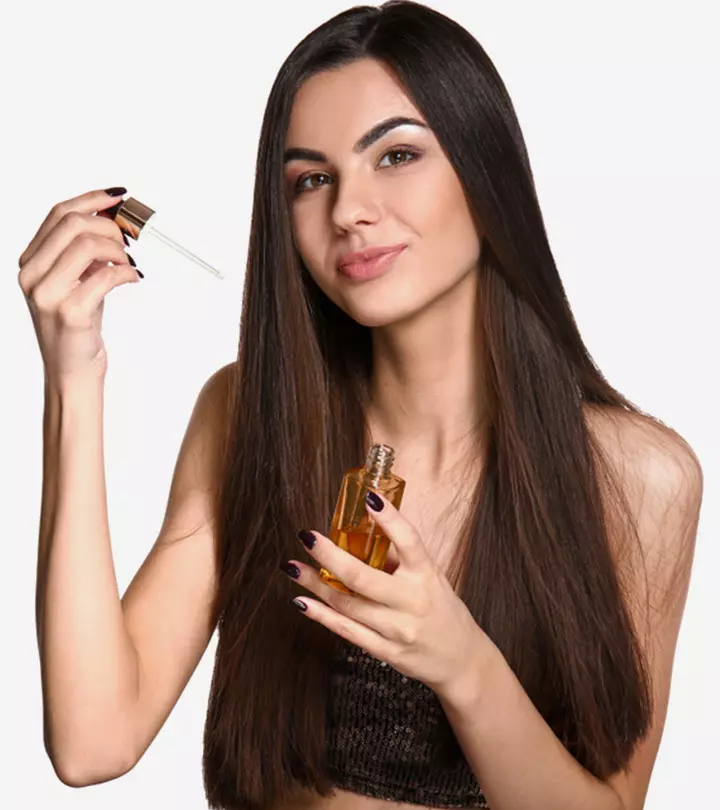
Community Experiences
Join the conversation and become a part of our empowering community! Share your stories, experiences, and insights to connect with other beauty, lifestyle, and health enthusiasts.